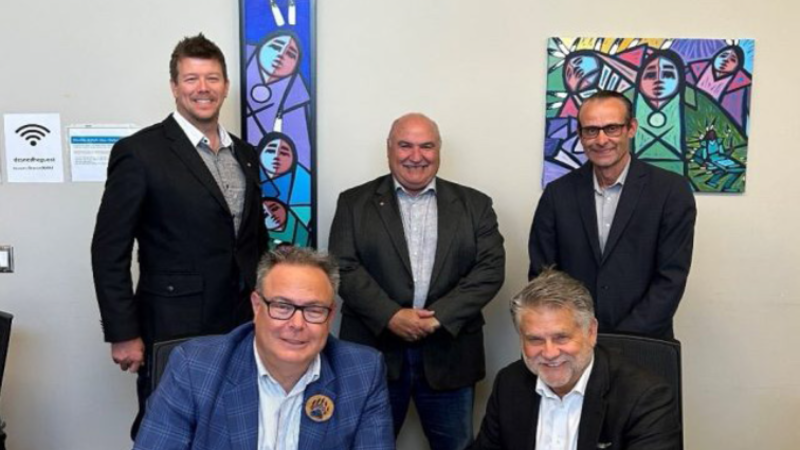Progress of Indigenous Women
International Women’s Day was started by the Suffragettes movement in the early 1900s, with the earliest celebration occurring in 1911.
In particular there was outrage over a factory fire causing multiple deaths in New York in 1908. The cry for “Bread and Roses” is symbolic. The Roses represent women’s desire for better working conditions, and the bread represents the call for sustainable wages so as to be able to feed the families. Now, this day is celebrated every year in March worldwide to acknowledge the contribution of women. Each of us can play a purposeful role in the progress of women.
With respect especially to the needs of First Nations, Inuit, and Metis women, one way that we can work to advance this progress is by engaging immigrants into this dialogue.
As a South Asian immigrant woman, I have learned to appreciate the distinct strengths and values of Indigenous women in Canada, as well as the distinct needs and problems they face.


